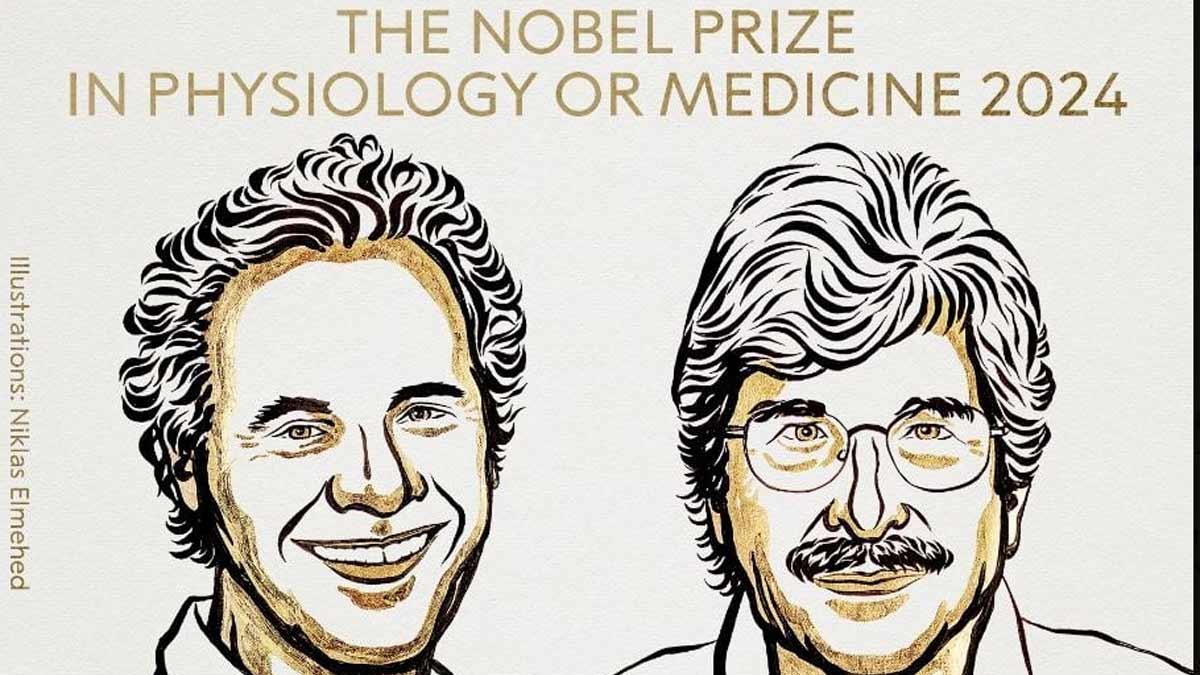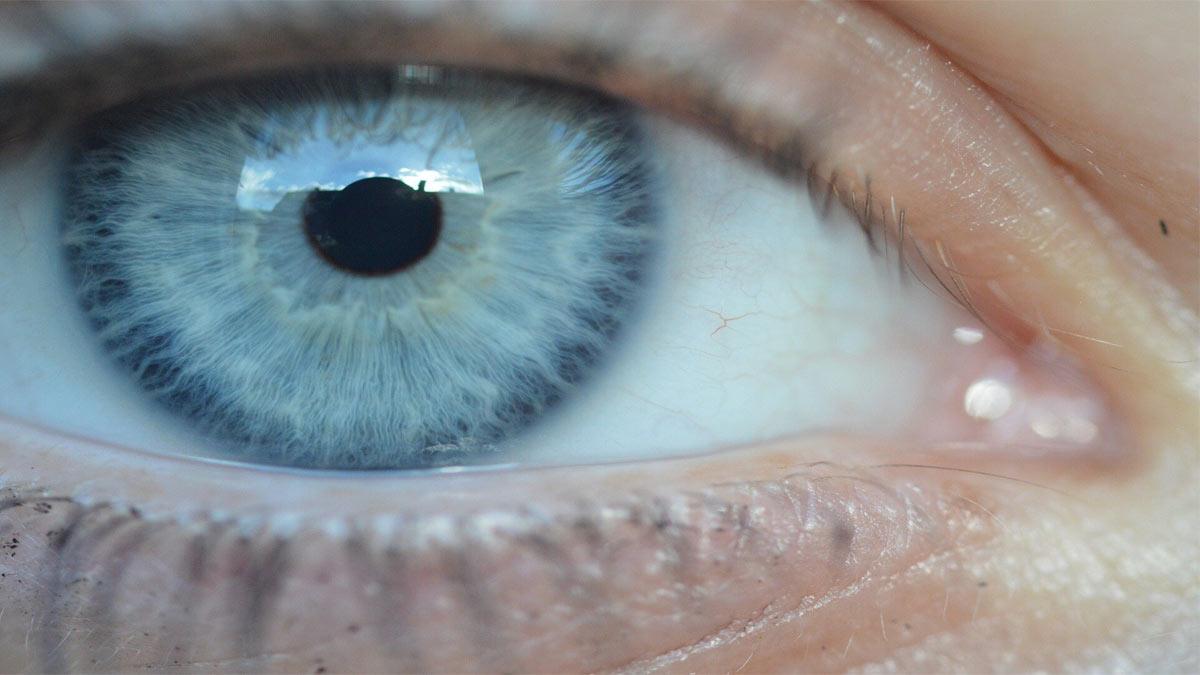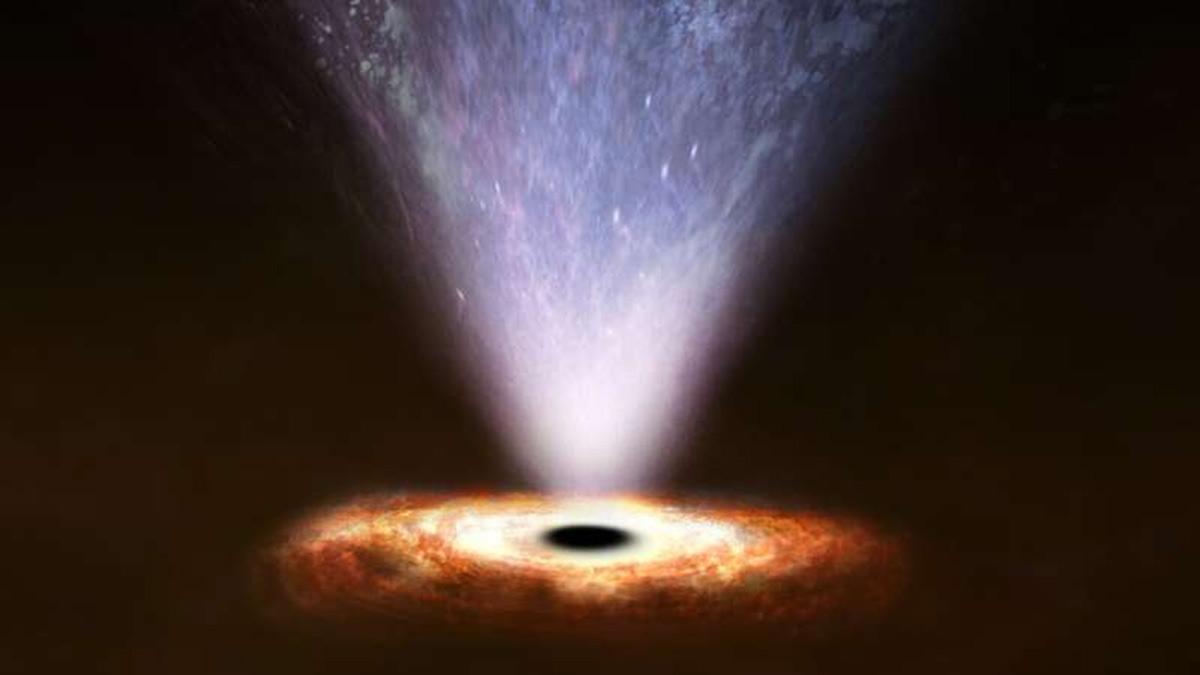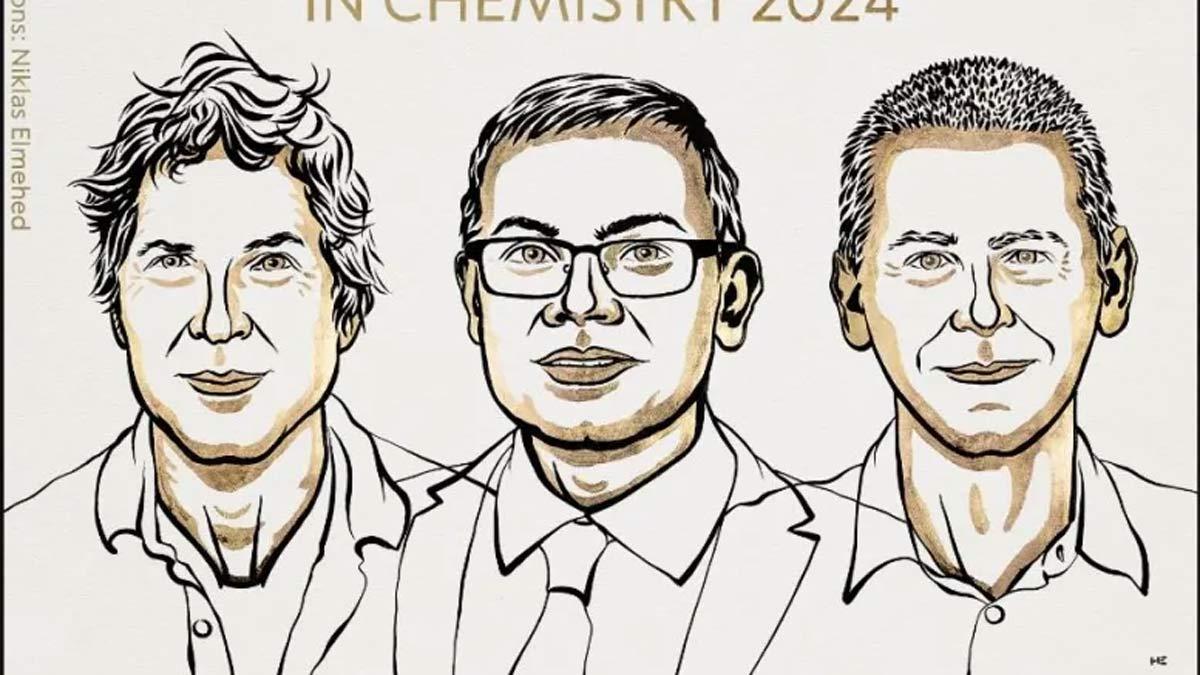On Tuesday, the Nobel Prize 2024 in Physics was awarded to American scientists John J. Hopfield and Geoffrey E. Hinton by the Royal Swedish Academy of Sciences. They have been awarded the prize "for foundational discoveries and inventions that enable machine learning with artificial neural networks," the Academy said.
With the use of physics tools, the scientists came up with methods that are the basis of the powerful machine learning today.
Hopfield developed an associative memory that can store and even reconstruct images and other types of patterns in data. Hinton invented a method which can automatically find properties in data. Such can identify certain elements in pictures among other things.
The Academy said that from the 1980s, the scientist duo have been doing very important work with artificial neural networks.
"So far, the laureates' work has already been of the greatest benefit," declared Ellen Moons, Chair of the Nobel Committee for Physics. "In physics, we use artificial neural networks in a vast range of areas, such as developing new materials with specific properties.".
Hopfield was born in 1933 in Chicago, US. He did his PhD in 1958 from Cornell University, in New York. He is currently a Professor at Princeton University in New Jersey.
Born in 1947 in London, UK, Hinton did his PhD in 1978 from The University of Edinburgh. He is currently a Professor at the University of Toronto, Canada. The researcher duo will be jointly awarded with a prize sum of 11 million Swedish crowns ($1.1 million).
Physics prize winners last year were Pierre Agostini, Ferenc Krausz, and Anne L'Huillier for the work they did in developing ultra-short pulses of light that can give a snapshot of changes within atoms, perhaps making more sensitive the detection of diseases.
Read also| US Scientists Win 2024 Nobel Prize in Medicine for Pioneering Discovery of MicroRNA
Read also| Unlocking the Moon's Subsurface: New Study Reveals Abundant Ice Deposits


















